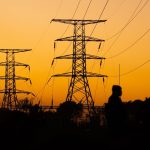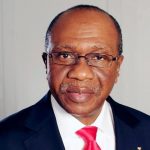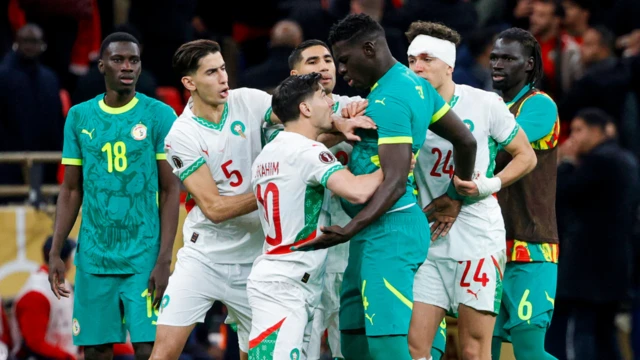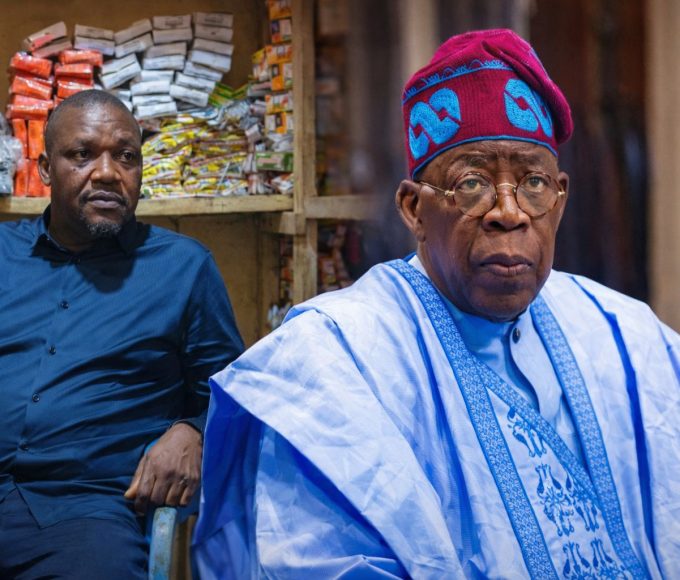
Congo’s Cry: A Nation Bleeding From Exploitation and Electoral Chaos
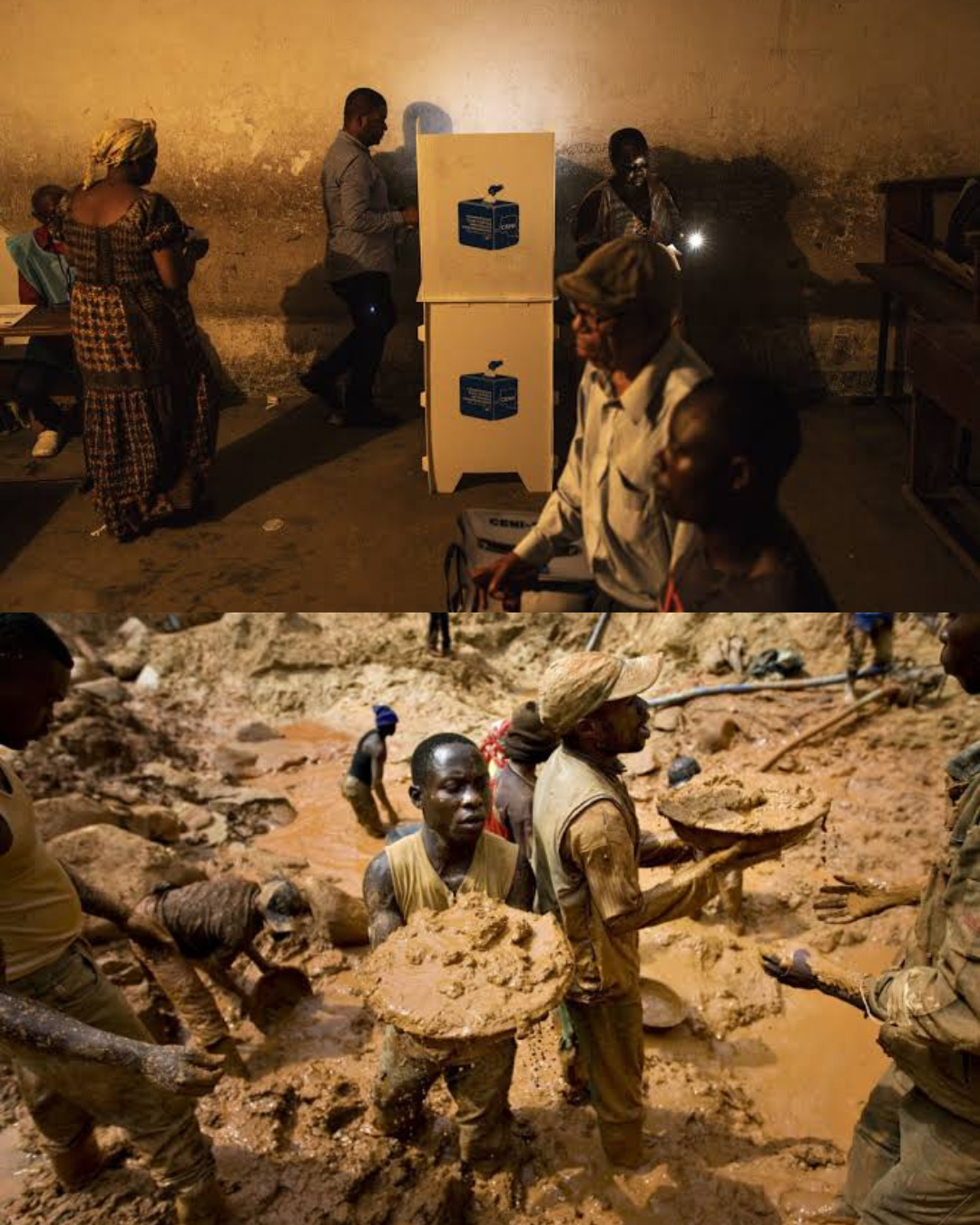
In the heart of Africa, the Democratic Republic of Congo (DRC) remains entwined in a tragic narrative of exploitation and political turmoil. The echoes of suffering trace back to the colonial era under King Leopold II, setting the stage for a relentless bleeding that persists today.
As the hashtag #CongoIsBleeding trends across social media, it underscores the silent agony of a nation grappling not only with a history marred by genocide and military coups but also with the ongoing exploitation of its natural resources. The unrest has claimed over 6 million lives since 1996, a staggering toll that the world seems strangely indifferent to.
Amidst this crisis, an election unfolds, presenting itself as a beacon of hope for stability. Yet, as provisional results emerge, questions of credibility loom large. The diaspora voting results reveal President Felix Tshisekedi in a lead, but the process has been tainted by irregularities and an extension of voting into unscheduled days.
The DRC, rich in copper, cobalt, and gold, should be a source of prosperity for its people. Instead, it continues to be a playground for exploitation. The global demand for cobalt, a key component in our phones and electric cars, contributes to the ongoing unrest, with over 60% of the world’s cobalt sourced from the DRC.
The election, an ostensibly democratic process, unfolds against skepticism and opposition outcry. The extension of voting, labelled by some as unconstitutional, adds another layer of uncertainty to an already turbulent political landscape. Independent observers highlight “serious irregularities,” challenging the credibility of the entire process.
As the DRC seeks to announce the results amidst controversy, the international community must not pretend. It is time for foreign entities to cease interference and acknowledge the long-standing exploitation plaguing this nation. Congo’s bleeding, be it from resource exploitation or electoral chaos, requires a united global effort to usher in an era of peace, prosperity, and justice for its resilient people.
About The Author
Related Articles
The AFCON Final in Morocco and the Controversies That Followed
The Africa Cup of Nations final between hosts Morocco and Senegal ended...
ByWest Africa WeeklyJanuary 20, 2026Tinubu Government Claims Intelligence Cooperation With the US, Yet New York Times Publishes Conflicting Story Following $9 Million US Lobbying Effort
When the New York Times published its investigation suggesting that claims from...
ByWest Africa WeeklyJanuary 19, 2026Mali’s Transition Leader Attends Swearing-In of Guinea’s President Mamadi Doumbouya
Mali’s President of the Transition, General Assimi Goïta, represented the country in...
ByWest Africa WeeklyJanuary 19, 2026Malian Army Conducts Successful Surveillance Operation in Mopti Region
The Malian Armed Forces have carried out a successful territorial surveillance operation...
ByWest Africa WeeklyJanuary 19, 2026





